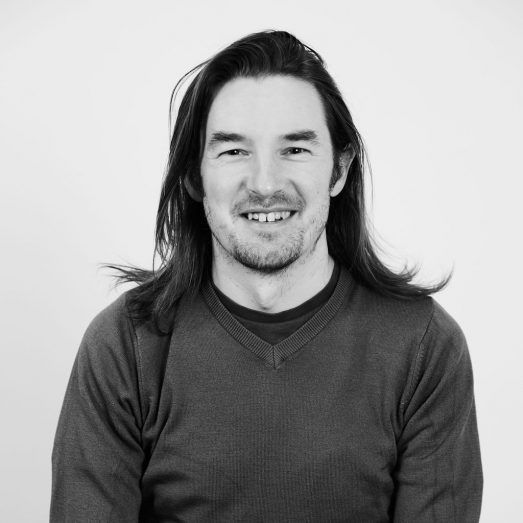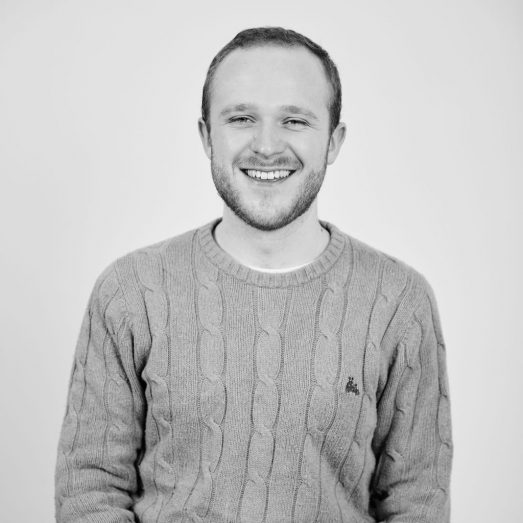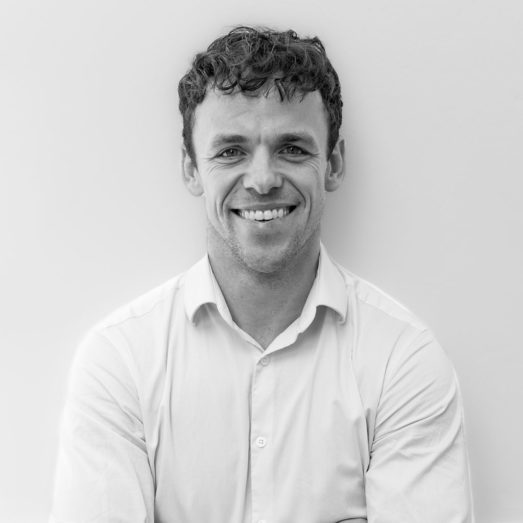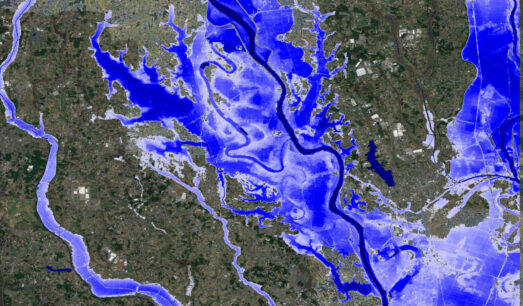UN 78th General Assembly (UNGA78) Science Summit
The United Nations 78th General Assembly (UNGA78) Science Summit runs from 12-19 September and is an opportunity for scientists from around the world to explore how the UN’s Sustainable Development Goals can be achieved.
A delegation from Fathom headed to New York for a session on September 18 hosted by UNICEF to discuss novel approaches to measure and understand health and living conditions across low, middle and high income countries.
During their presentation, Fathom’s Chief Operating Officer Dr Andrew Smith, Chief Research Officer Dr Oliver Wing and Chief Scientific Officer Dr Jeffrey Neal presented on the consequences and costs of flooding, using satellite data to demonstrate the geographical distribution of populations.
The session, entitled ‘Advanced tools for analyzing poverty, climate and environmental changes’ comprised a discussion of:
- How large-scale poverty surveys could be improved to create globally comparable measures.
- Advances in satellite-based information to analyze poverty, living conditions and environmental challenges.
- Combining large-scale survey and satellite data to better understand the environmental challenges facing today’s society
The aim of the session was to set new standards, which can be used to inform policy makers on how social and environmental policies can be balanced and even combined to achieve long term, sustainable poverty alleviation.
This session was organized by the University of Gothenburg and the Bristol Poverty Institute (University of Bristol) in collaboration with UNICEF.



Dr Andrew Smith, Fathom, said:
“In a warming world, global flood risks will invariably increase and the poorest are often amongst the most vulnerable to flood hazards. It’s great to see this topic on the agenda for the Science Summit. We’re looking forward to meeting with industry experts from around the globe to discuss how new research can provide policy makers with the information they need to help mitigate and manage the potentially disastrous impact of flooding.”
Professor David Gordon, University of Bristol, said:
“All countries have agreed to try to eradicate child and adult poverty during the 21st Century. If they are successful, this will represent humanity’s greatest achievement. In order to eradicate poverty, policy makers will need both political will and adequate resources but they will also need high quality information about the extent and nature of poverty in order to develop more effective and efficient anti-poverty policies. Good anti-poverty policy requires good measurement to help target resources where they are most needed and to monitor progress. It is unlikely that poverty will be eradicated if it cannot be accurately measured.”
Professor Björn Halleröd, University of Gothenburg, said:
“The greatest challenge of the 21st Century is how to ensure that global living standards improve while also protecting and improving the environment. Poverty and inequality need to fall and environment protection and biodiversity need to increase if we are to live on a better planet than the one we inherited from our parents. By combining environmental information from satellites with high quality social survey data, we can understand the complex relationships between poverty and deforestation on a global scale in order to formulate more effective policies.”
Dr Nkechi Owoo, University of Ghana, said:
“Climate change will intensify the hydrological cycle – more frequent and intense storms, floods, landslides and droughts. It will also cause the oceans to warm, expand and acidify. Changes may occur to both ‘typical’ weather patterns and ocean current circulation. Mitigation measures need to be targeted to protect vulnerable people living in exposed areas. Our new research combines social survey and environment data in African countries to identify where the people most vulnerable and exposed to extreme weather events live.”
Enrique Delamónica, UNICEF, said:
“UNICEF is delighted to host this important session at the United Nations General Assembly Science Summit. Some of the world’s leading poverty, environment and climate researchers have gathered in New York to share their recent scientific advances to inform global policy makers. UNICEF aims to continue to be at the forefront of using the best scientific knowledge to help improve the lives of children and their families.”
For more information, contact info@fathom.global.
For media enquiries only, contact j.roberts@fathom.global.

